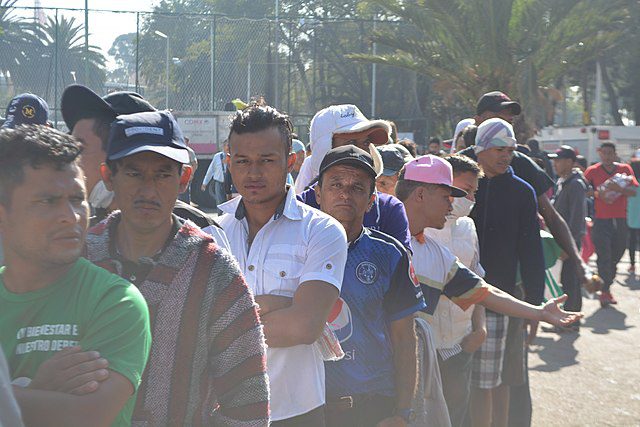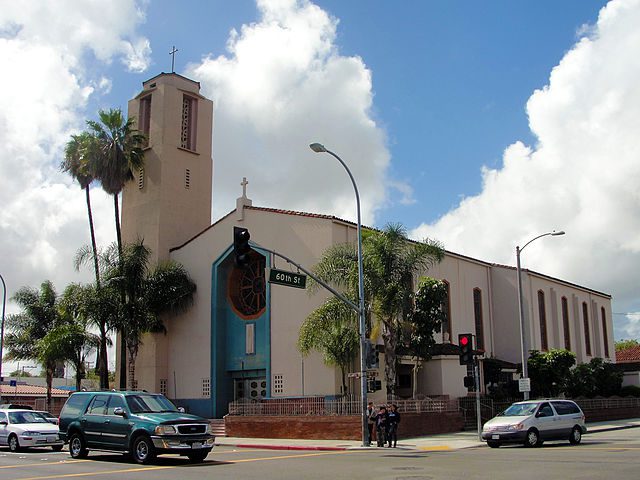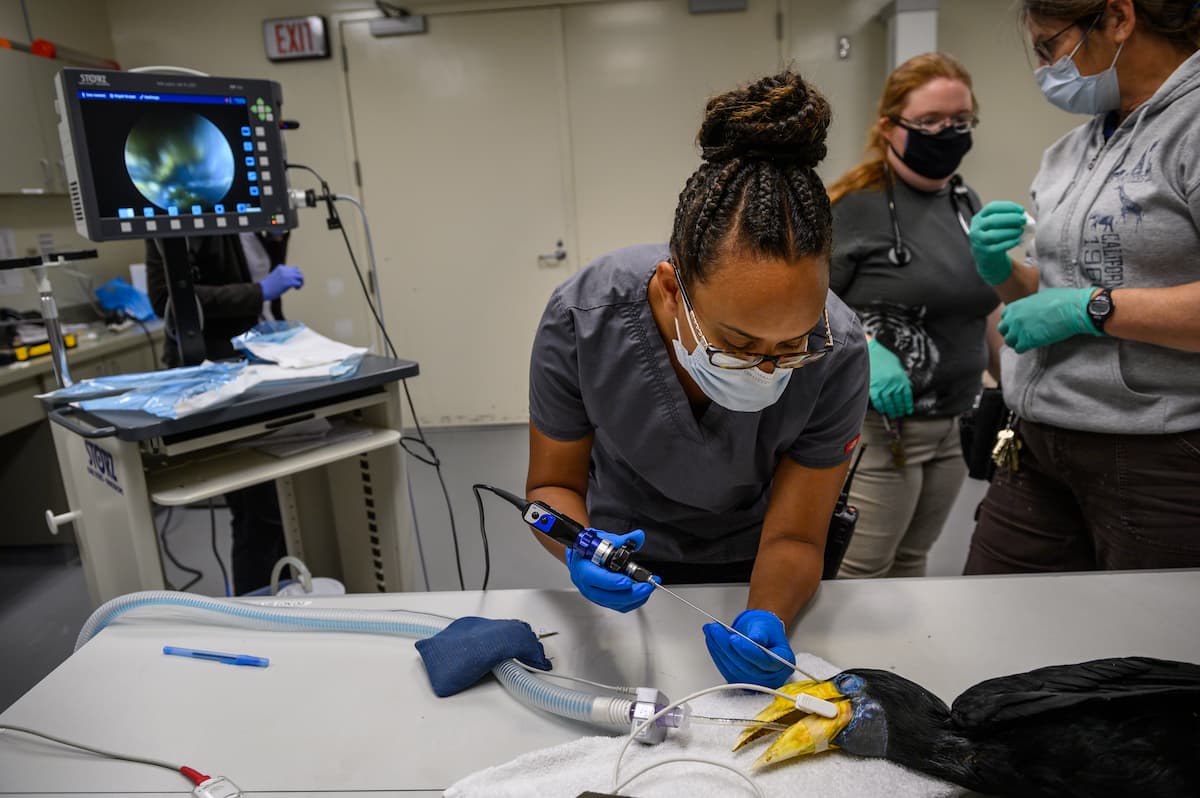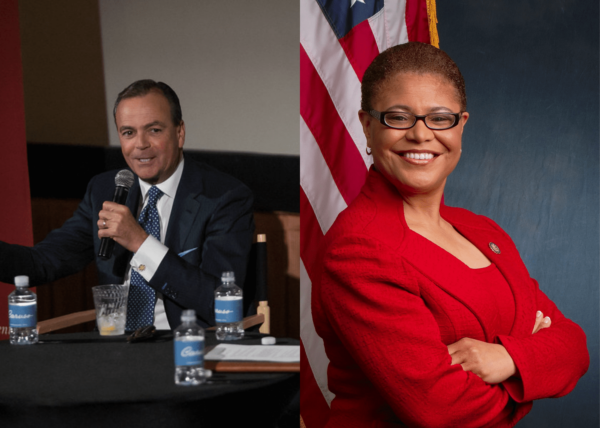Targeting a key discussion topic at this week’s Summit of the Americas, Vice President Kamala Harris announced three efforts Tuesday aimed at stemming the flow of migrants out of Central America, most notably an additional $1.9 billion in private-sector investments in the region designed to provide economic opportunities for residents where they live.
Harris, who has been in Los Angeles since Friday ahead of the summit in downtown Los Angeles, was scheduled to discuss the initiatives at a trio of appearances in the area Tuesday, including roundtable discussions with female leaders and business executives and a speech at a women’s empowerment event, according to the White House.
Harris has been tasked by President Joe Biden to tackle the immigration issue, most notably by addressing what are believed to be root causes of the problems that prompt young migrants to flee their home countries.
A senior administration official told reporters the central theory of addressing that issue is the belief that residents in El Salvador, Honduras and Guatemala don’t want to leave their homes. Therefore, “if you can provide them hope and opportunity, particularly economic opportunity, there’s a greater chance that they will remain there,” the official said.
To that end, Harris last year issued a “call to action” for businesses to make investments in the region and create opportunities for employment and skills training. In December, she announced $1.2 billion in commitments, and on Tuesday, she unveiled another $1.9 billion from companies including Gap and Visa.
Among the investments being made are a $100 million commitment by the food company AgroAmerica aimed at generating 1,000 permanent jobs in northern Central America over the next five years; a $500 million purchasing commitment of Central American products by apparel wholesaler SanMar; and a $700 million investment by telecom firm Millicom to expand and maintain mobile and broadband networks in Guatemala, Honduras and El Salvador.
Harris on Tuesday also announced the creation of the Central American Service Corps, a partnership with private and philanthropic organizations aimed at providing young people in the three countries with “paid community service opportunities, mentorship and a path to employment,” according to her office.
“CASC will help address the drivers of irregular migration among those most likely to migrate by engaging youth in local driven service opportunities, providing a modest stipend, offering work and life skills acquisition, and enhancing young people’s sense of rootedness and commitment to their communities,” according to Harris’ office.
She also announced commitments from the administration, businesses and community organizations aimed at supporting women’s economic empowerment in Central America and beyond. With those commitments, she announced an “In Her Hands” initiative in which businesses will “empower, train and protect women in northern Central America and across the Western Hemisphere.” The effort has a goal of training more than 500,000 women and girls in job skills, while also promoting gender equality and advancement of women in business.
Among the companies making commitments to that effort are Mastercard, Microsoft and PepsiCo, according to Harris’ office.







